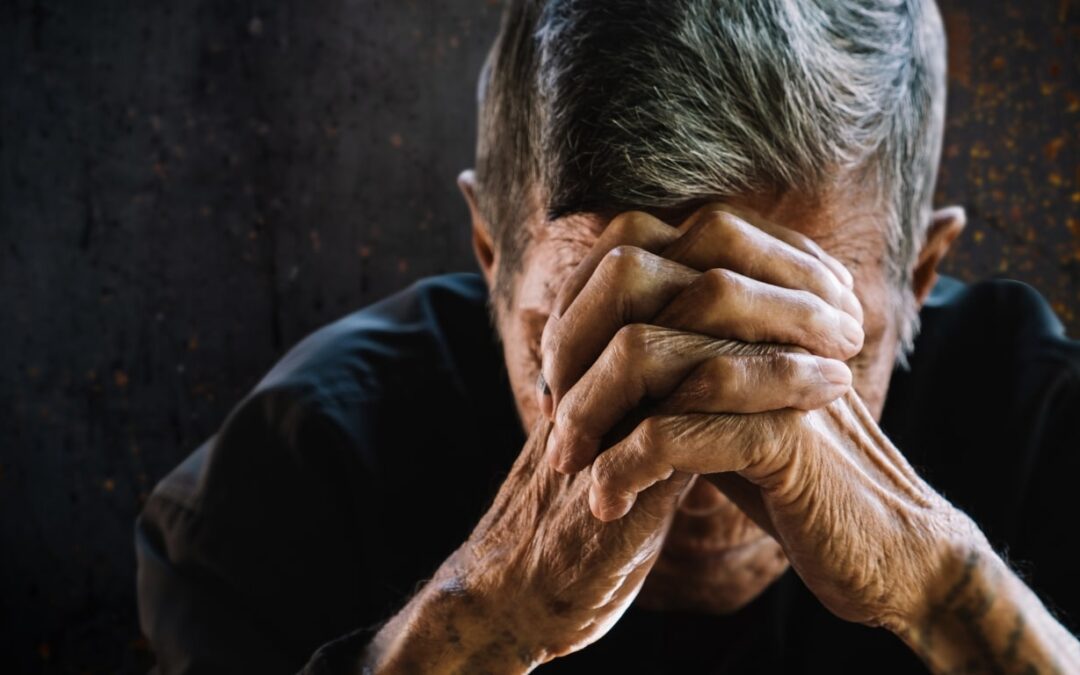As a caregiver or family member, your top priority is keeping your aging loved one safe and cared for. But what happens when safety is compromised, not by illness or aging, but by mistreatment? At Reliant Home Care Services, we believe that every senior deserves to live with dignity, respect, and compassion. Recognizing and preventing elder abuse is a critical part of ensuring their well-being.
What Is Elder Abuse?
Elder abuse is any intentional act, or failure to act, that causes harm or creates a serious risk of harm to an older adult. It can happen anywhere: in the home, in assisted living communities, or even at the hands of trusted individuals. Unfortunately, elder abuse is more common than many realize.
According to the National Council on Aging, approximately 1 in 5 Americans aged 60 and older have experienced some form of elder abuse, especially during the COVID-19 pandemic. Yet studies suggest that only 1 in 24 cases are ever reported.
Elder abuse isn’t always physical. It can take many forms—some subtle, some overt—but all are harmful.
Types of Elder Abuse
Understanding the different forms of elder abuse can help you spot red flags and take early action.
- Physical Abuse: Inflicting physical pain or injury (e.g., hitting, pushing, or improper use of restraints).
- Emotional or Psychological Abuse: Verbal attacks, threats, humiliation, or isolation that lead to emotional distress.
- Financial Exploitation: Illegally or improperly using a senior’s money, property, or assets. This includes scams, coercion, or misuse of power of attorney.
- Neglect: Failing to provide basic necessities like food, hygiene, medication, or safe living conditions. This is the most common form of elder abuse.
- Sexual Abuse: Any non-consensual sexual contact, including with seniors unable to give consent.
- Self-Neglect: Though not caused by a third party, this refers to a senior failing to meet their own basic needs due to cognitive or physical limitations.
Warning Signs to Watch For
If you’re caring for a senior loved one, trust your instincts. Changes in behavior, appearance, or mood can signal something is wrong. Here are some signs to watch for:
- Unexplained bruises, burns, or injuries
- Withdrawal from social activities or loved ones
- Sudden changes in financial status or missing belongings
- Poor hygiene, weight loss, or malnutrition
- Depression, anxiety, or unusual fear around certain individuals
- Hesitancy to speak openly when others are present
No one wants to believe a loved one is being mistreated, but addressing suspicions quickly can make a life-saving difference.
Preventing Elder Abuse
While you can’t control every circumstance, there are several steps you can take to reduce the risk of elder abuse:
1. Stay Involved and Observant
Frequent check-ins, either in person or by phone, can help you monitor your loved one’s well-being. Ask open-ended questions and encourage them to speak honestly about their care.
2. Hire Vetted, Trained Caregivers
Choosing professional, thoroughly screened caregivers is essential. At Reliant, we conduct background checks, provide ongoing training, and monitor caregiver performance to ensure each client receives safe, compassionate care.
3. Keep Finances Transparent
Work with a trusted attorney or financial planner to set up clear documentation, power of attorney arrangements, and regular financial reviews to reduce the risk of exploitation.
4. Promote Independence When Possible
Seniors who feel in control of their lives are less likely to become targets. Encourage autonomy in decision-making, daily tasks, and routine activities as much as safely possible.
5. Know the Signs of Caregiver Burnout
Even well-meaning family members can become overwhelmed. If you’re feeling stressed, tired, or resentful, it’s okay to seek help. Respite care and support services can give you a much-needed break and reduce the risk of neglect.
Reporting Elder Abuse
If you suspect elder abuse, take it seriously. In California, for example, certain professionals (including caregivers and healthcare providers) are mandated reporters—meaning they are legally required to report suspected abuse.
If you believe your loved one is in immediate danger, call 911. For non-emergency concerns, contact, you can reach out to the following:
- Adult Protective Services (APS): https://www.napsa-now.org/
- California APS Hotline: 1-833-401-0832
- Local law enforcement or ombudsman office (for issues in care facilities)
Documentation, including photos, written observations, and financial records, can support a stronger case.
You Are Not Alone
Elder abuse is heartbreaking, but it’s not inevitable. With knowledge, vigilance, and support, you can be a powerful advocate for your loved one’s safety.
At Reliant Home Care Services, we are committed to upholding the highest standards of care. We treat every client as if they were a member of our own family: with respect, compassion, and a sharp eye on their physical and emotional well-being. If you need guidance, respite care, or full-time in-home support, we’re here for you.
Let’s work together to ensure your loved one is safe, healthy, and empowered to enjoy their golden years. Reach out today to learn more.




